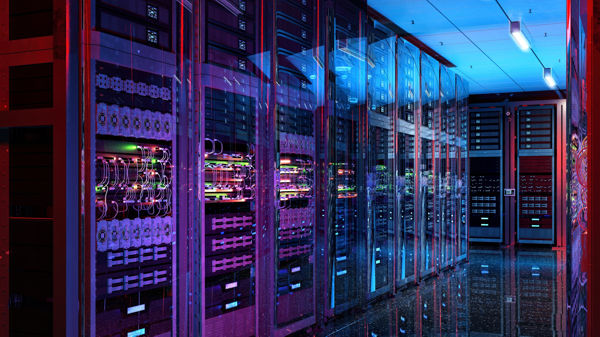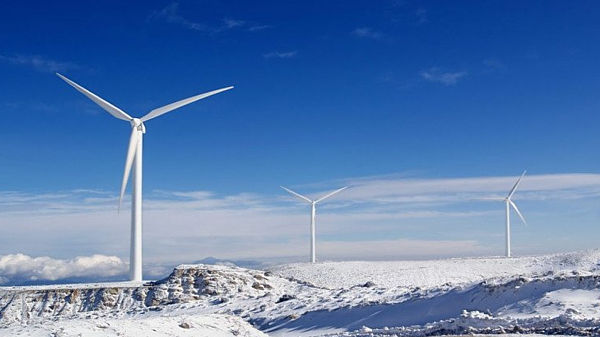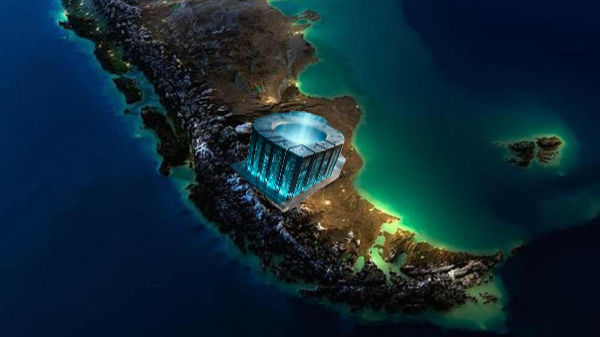In a bold move, OpenAI is exploring the construction of a massive data center in Patagonia, Argentina. Partnering with local firm Sur Energy, the project is estimated at $25 billion. This initiative could make Patagonia a global hub for artificial intelligence while leveraging the region’s abundant renewable energy resources.
Why Patagonia?
Patagonia offers unique advantages for high-tech infrastructure:
- Climate and Geography: Cold temperatures help naturally cool data servers, reducing energy consumption.
- Abundant Renewable Energy: Wind farms and hydroelectric plants provide sustainable power.
- Land Availability: Expansive, sparsely populated areas allow large-scale construction.
- Incentives: Argentina offers tax breaks and incentives for foreign tech investments.
This combination positions Patagonia as a strategic location for AI infrastructure that is both eco-friendly and cost-effective.
Economic and Social Impact
The data center could create a range of opportunities:
- Job Creation: Thousands of construction jobs and hundreds of permanent technical positions.
- Local Development: Training programs, university partnerships, and supplier networks.
- Innovation Ecosystem: Could attract other tech companies, fostering a regional hub for AI.
By integrating technology with local communities, the project has the potential to stimulate the regional economy significantly.

Challenges and Considerations
Despite its promise, the project faces several hurdles:
- Energy Demand: A 500 MW data center could strain local grids.
- Environmental Concerns: Potential impacts on water resources and biodiversity.
- Community Engagement: Success depends on addressing local population needs.
- Regulatory Risks: Political changes may affect project feasibility.

Best Practices for Sustainable Implementation
To maximize positive impact while minimizing risks, OpenAI and Sur Energy should focus on:
- Green Energy Contracts: Ensure the center relies primarily on renewable sources.
- Community Participation: Involve local residents in planning and decision-making.
- Environmental Planning: Conduct thorough assessments to protect ecosystems.
- Regulatory Alignment: Stay compliant with local laws and maintain transparency.

OpenAI’s Patagonia project represents a bold intersection of technology, renewable energy, and regional development. If managed carefully, it could set a precedent for sustainable AI infrastructure worldwide, attracting investment and innovation while benefiting local communities.










